

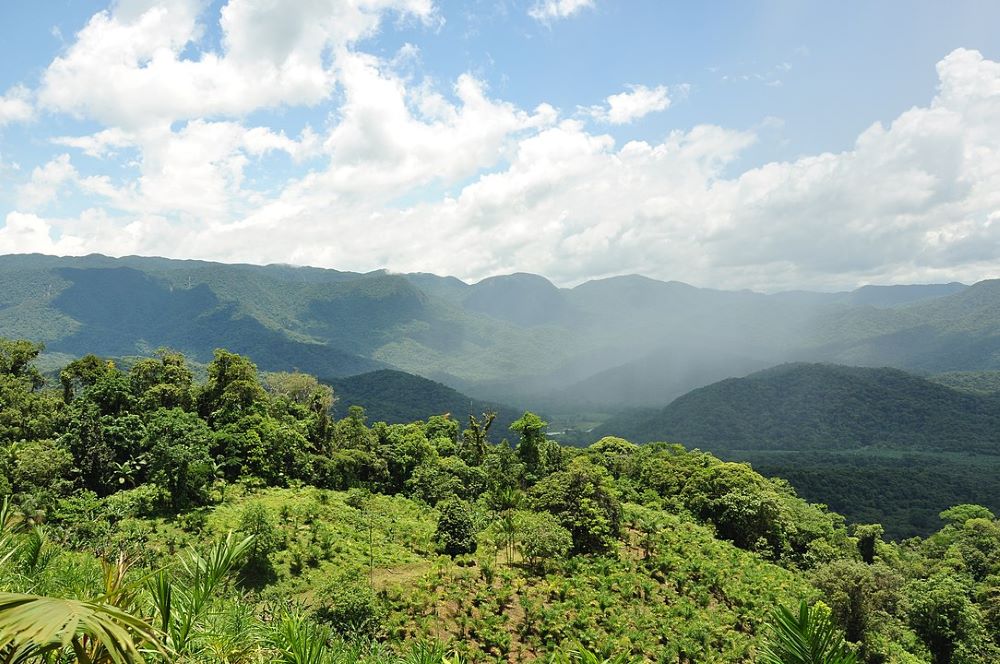
Scientists from the BIOTA Synthesis project helped develop the strategy that uses blended finance to promote the restoration and conservation of ecosystems in the state.
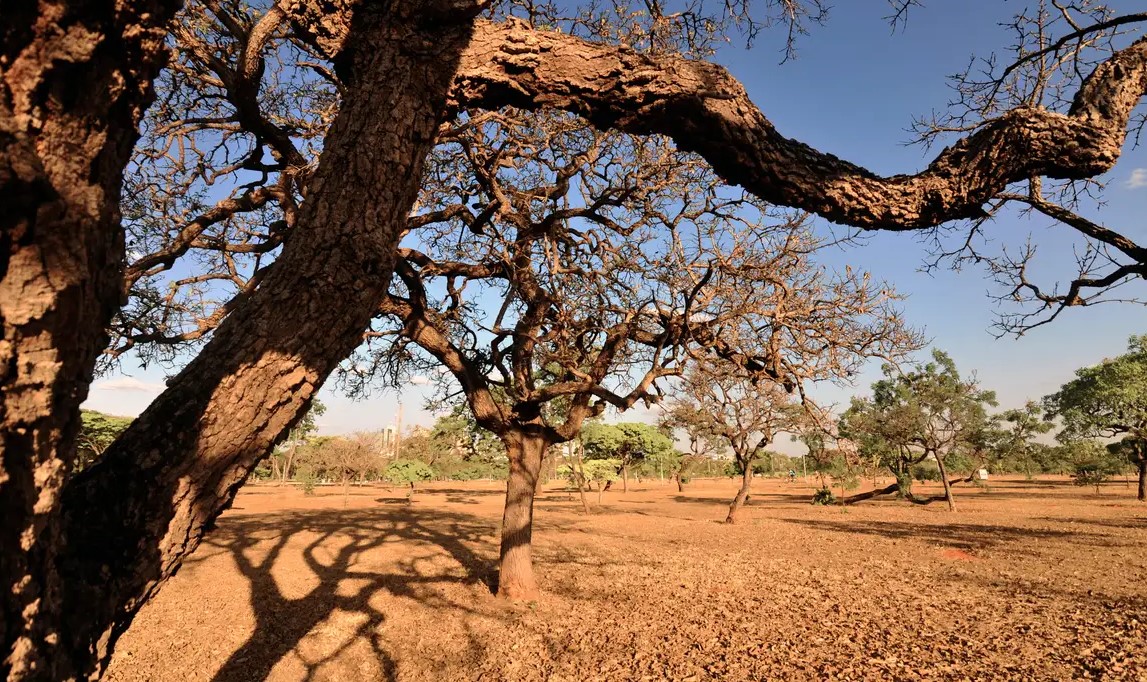
Research focusing on the Caatinga shows that by restoring the soil, it is possible to achieve quality levels close to those that existed before human interference.

Researchers at the University of São Paulo conducted an experiment to observe the effects on soil samples of extreme conditions in terms of temperature and rainfall in the laboratory. Their findings show that the balance of greenhouse gas emissions from microbial decomposition of organic matter may change.
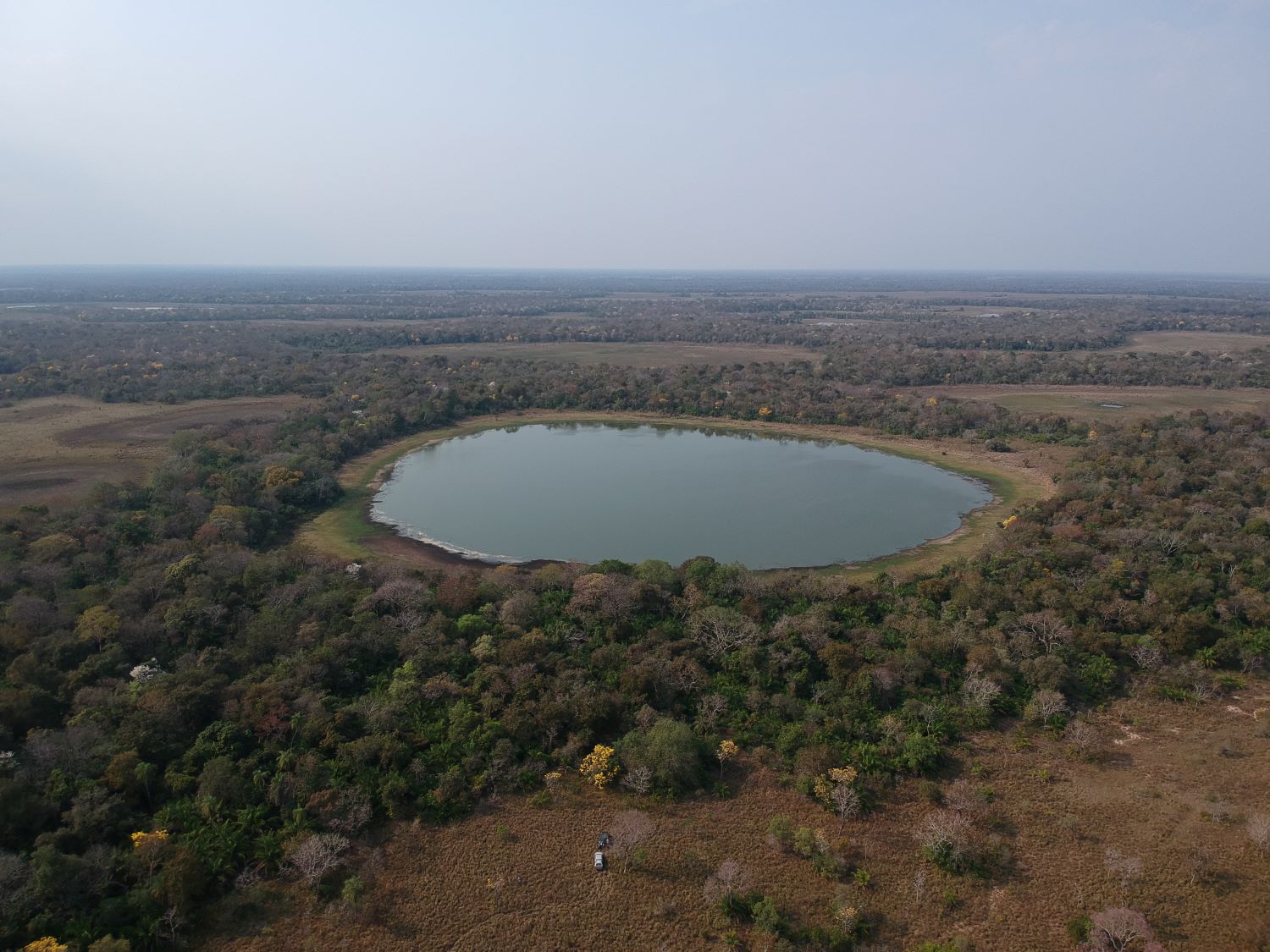
Characterized by high pH and salinity, these water bodies have practically dried up because of rising temperatures, changing rainfall patterns, and wildfires. The findings show how the local microbial community and other factors influence greenhouse gas emissions.
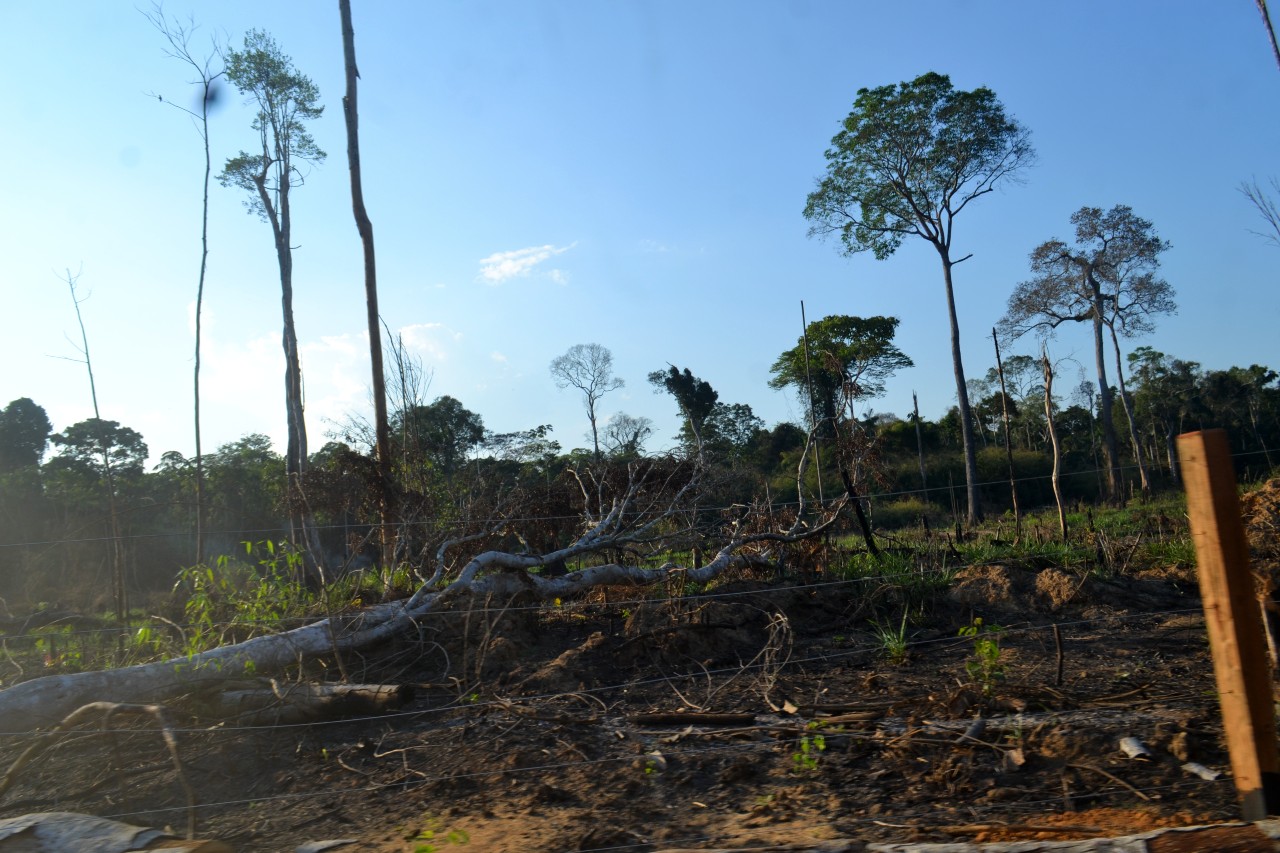
In an article published in Perspectives in Ecology and Conservation, researchers affiliated with the National Space Research Institute (INPE) and the National Disaster Surveillance and Early Warning Center (CEMADEN) in Brazil discuss CO2 emission reduction challenges and solutions.
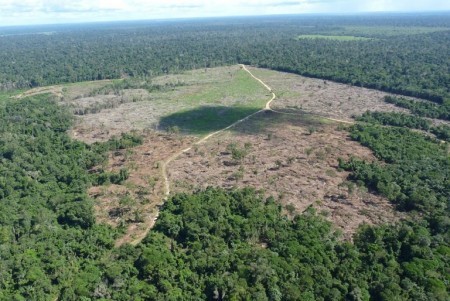
A study by the University of São Paulo shows that expansion of cattle ranching to meet growing domestic demand has contributed more than any other driver to the elimination or degradation of the Amazon’s original vegetation, followed by expanding croplands and urbanization.
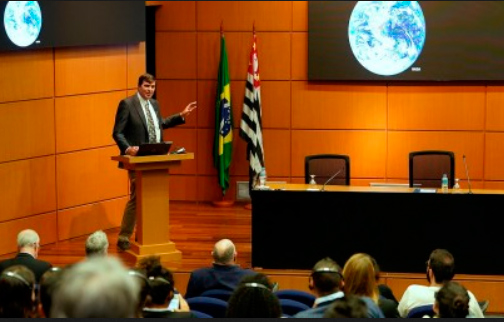
Alex Ruane delivered the 7th FAPESP Lecture 2024 on “Climate Change and Food Security”
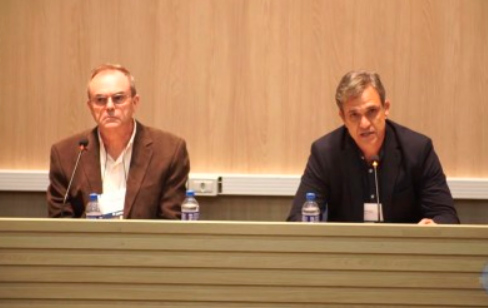
Researchers affiliated with the FAPESP Research Program on Global Climate Change met at the State University of Campinas in Brazil to discuss current research priorities in the effort to understand and combat the consequences of the extreme events caused by global warming.
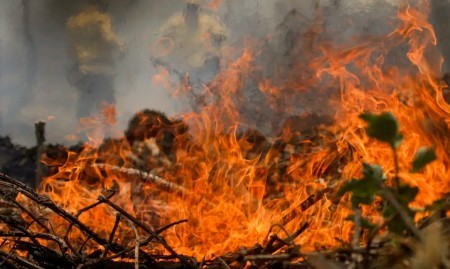
A report by an international group of researchers including three Brazilians shows that climate change tripled the probability of weather conditions favoring unprecedented wildfires in Canada and multiplied it by a factor of 20 in western Amazonia between March 2023 and February 2024. Global carbon emissions were 16% above average.
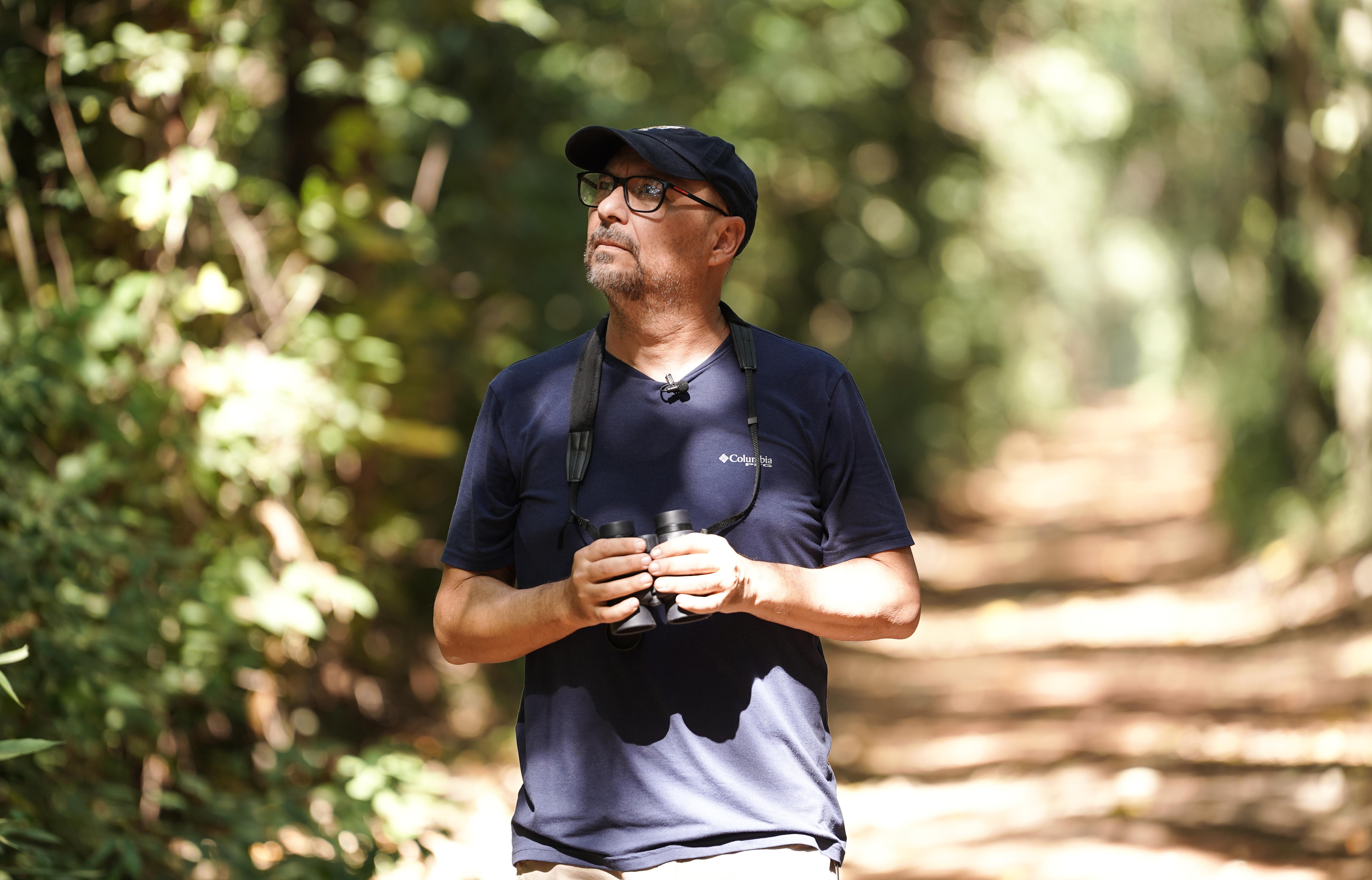
A member of the Center for Research on Biodiversity Dynamics and Climate Change, Mauro Galetti uses his experience from his undergraduate studies in biology to his most recent studies in ecology to tell stories in accessible language that inspire readers to fight for the planet.

Scientists at the University of São Paulo present this conclusion based on a systematic review of the literature in a paper published in the Journal of Cleaner Production.
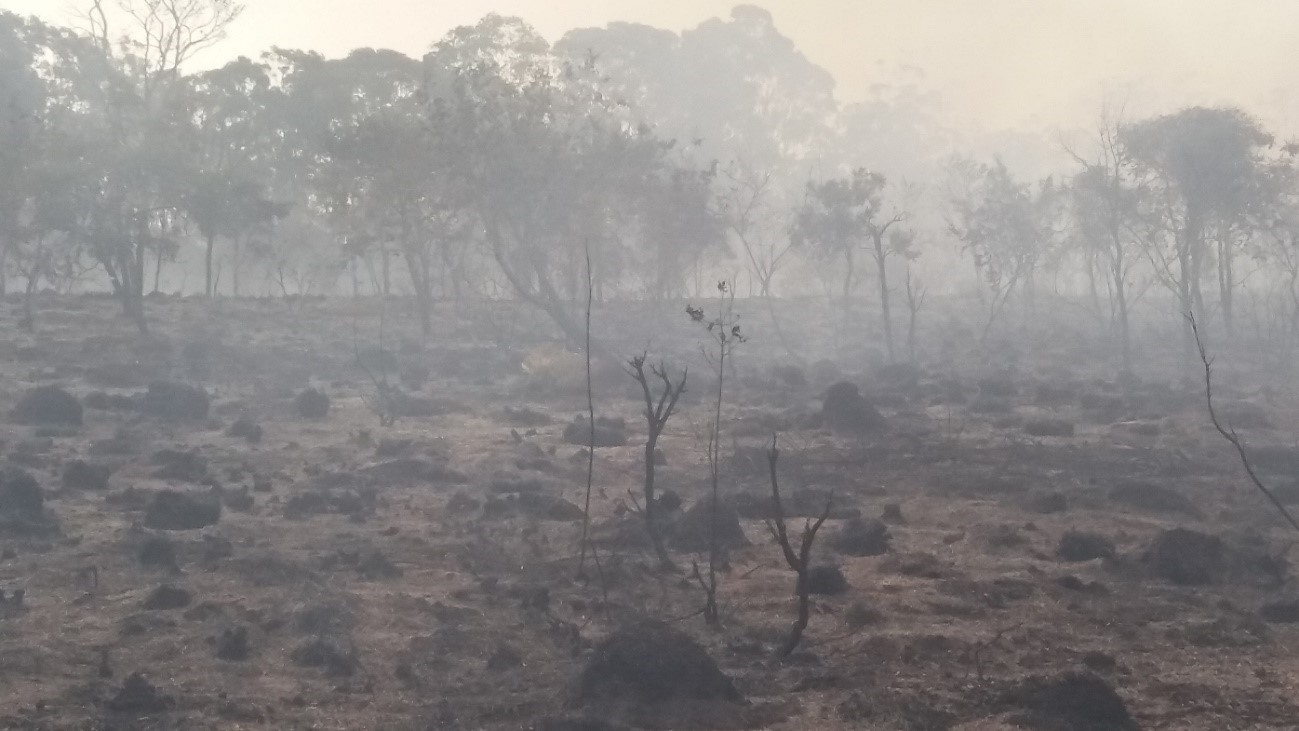
The study investigated the effect of two concentrations of smoke on seeds of 44 species typical of the Brazilian savanna-like biome. The results could be used in management and restoration strategies.
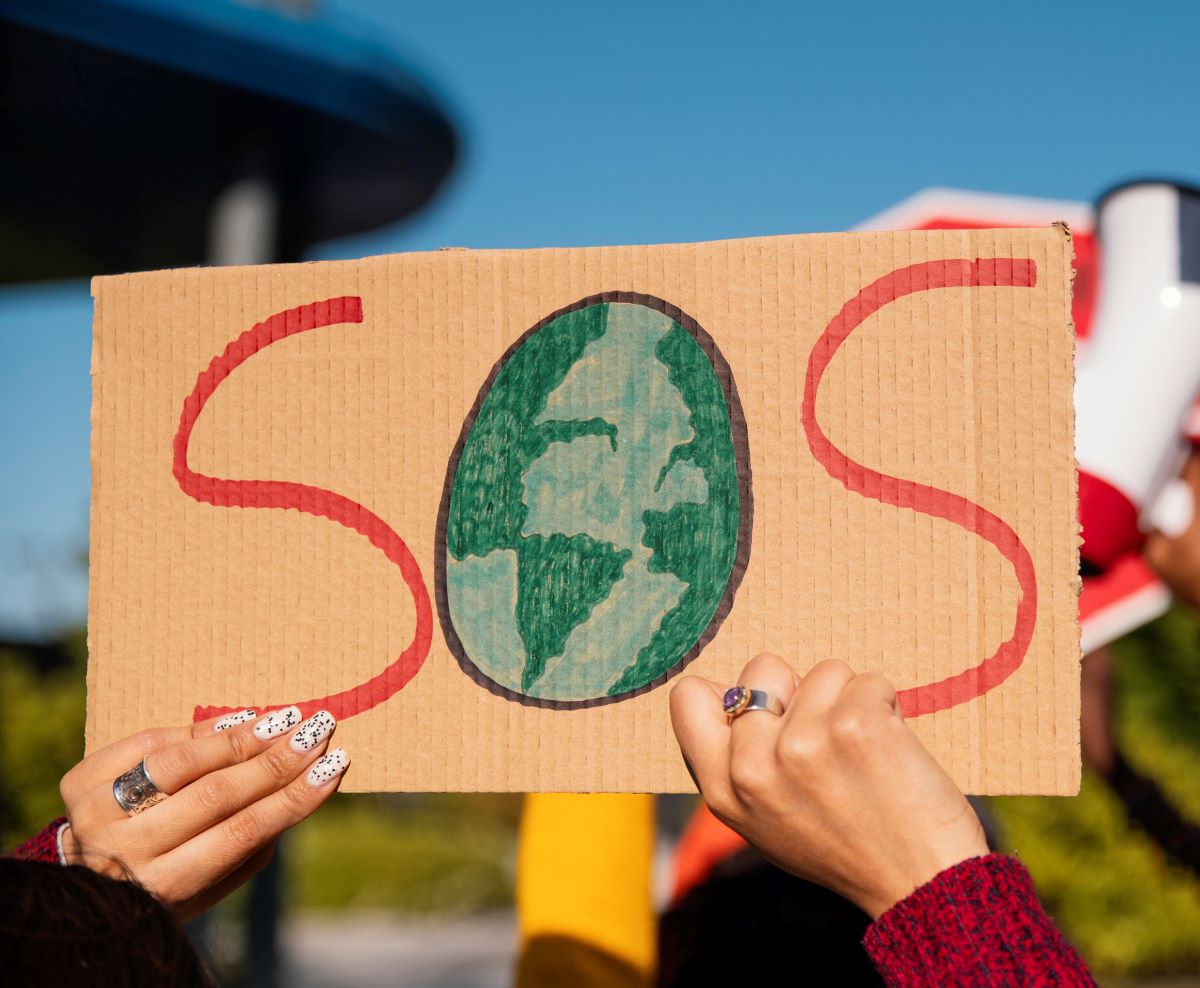
The international study involved more than 59,000 participants from 63 countries, including Brazil. By analyzing interventions that most influence people’s behavior, the work resulted in the creation of a tool that can be used by policymakers and environmental advocacy groups.
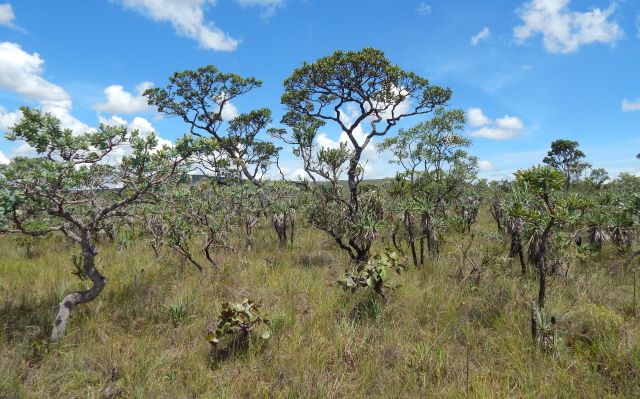
Researchers at the State University of Campinas and collaborators analyzed data from 82 areas of the Brazilian savanna biome located in five states and the Federal District. The results showed that recovering the biome’s extraordinary diversity requires a combination of several restoration techniques as well as conservation of what has not yet been destroyed.
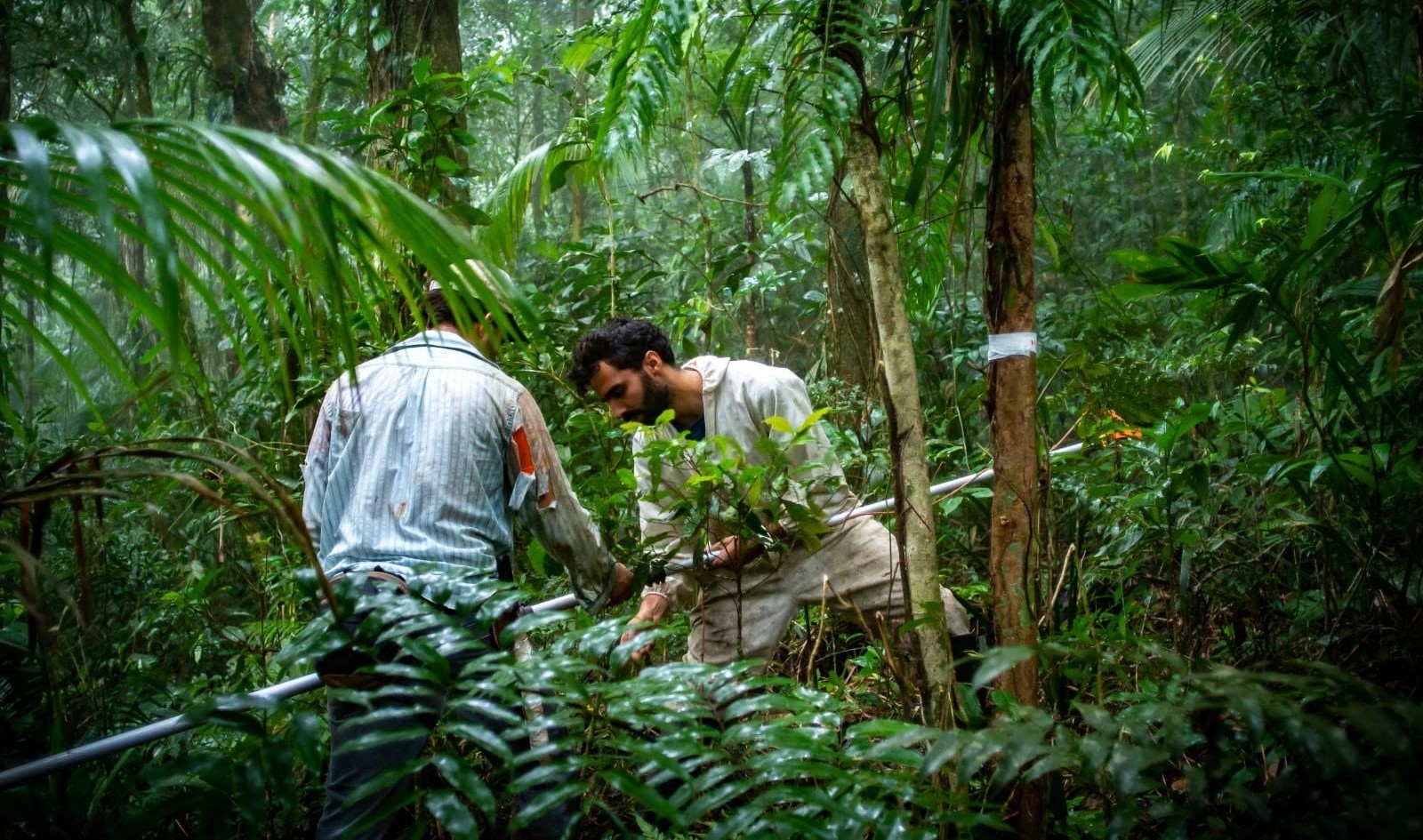
Lack of a method to classify forest succession stages in the applicable legislation allows for destruction of forest areas that provide important ecosystem services. The authors propose changes to make measurements more accurate and eliminate a step in permit applications that is ineffective and costly for landowners.
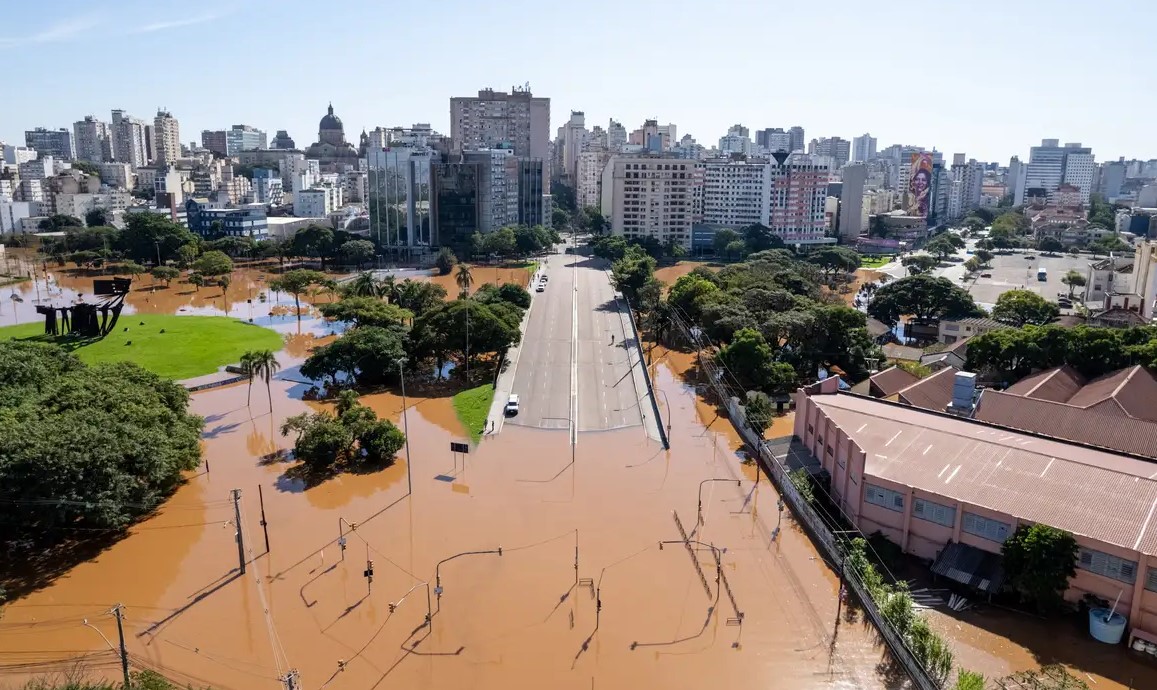
State coordination will be essential to overcome the problems in the southern Brazilian state of Rio Grande do Sul, as Acre’s experience with floods shows.
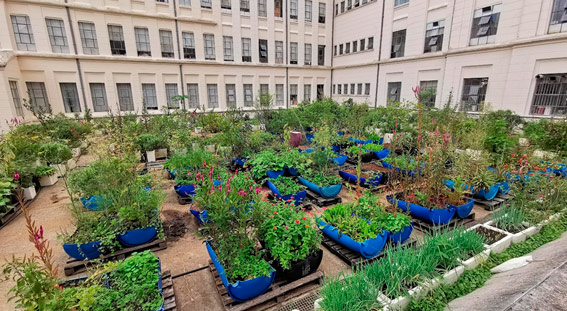
A study comparing solutions developed in São Paulo and Melbourne, Australia, highlights the huge potential for expansion in the Brazilian megacity.
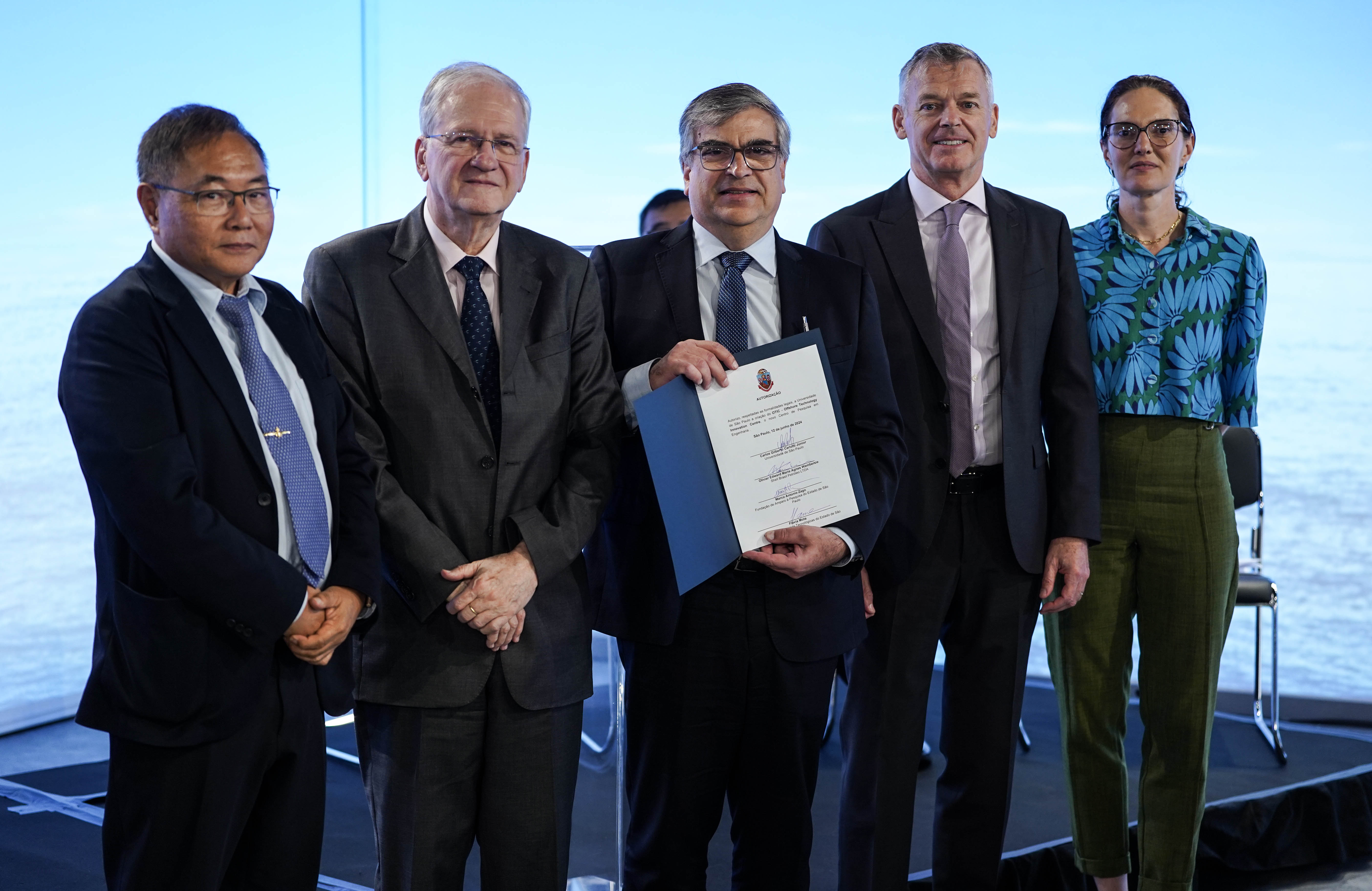
Supported by FAPESP, Shell, the Technological Research Institute (IPT) and the University of São Paulo (USP), this Applied Research Center will investigate technologies that promote decarbonization and optimization of deep-sea oil and gas operations, contributing to the future of the offshore industry.
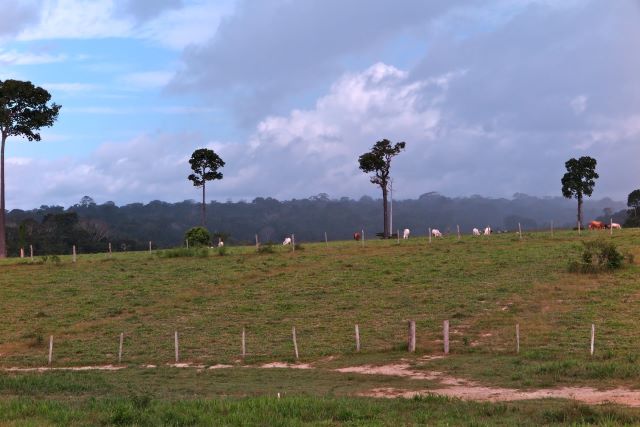
Bacteria, fungi and archaea that live in soil act as a methane sink, among other ecosystem services, but deforestation can reduce their functional diversity, Brazilian, British and American researchers warn in the journal Trends in Ecology and Evolution.
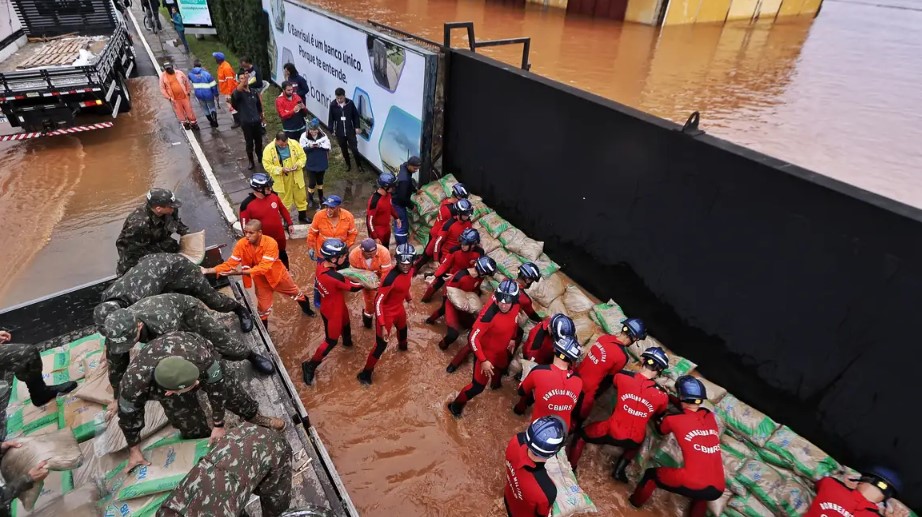
The extreme weather events in the South of Brazil call for urgent coordinated action by governments and entities. The Paraíba do Sul basin is the focus for a “pilot” project conducted by a group of researchers.
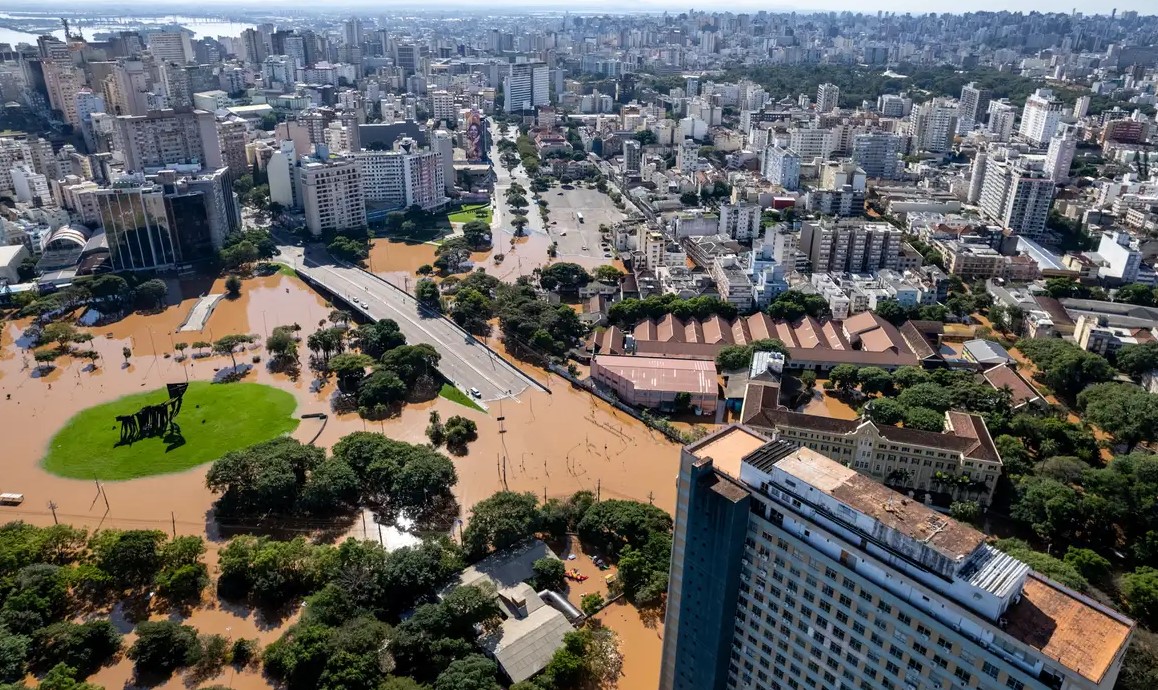
An analysis of data from weather stations shows that large contiguous areas of the region have seen more days of extremely heavy rain in the past seven decades.
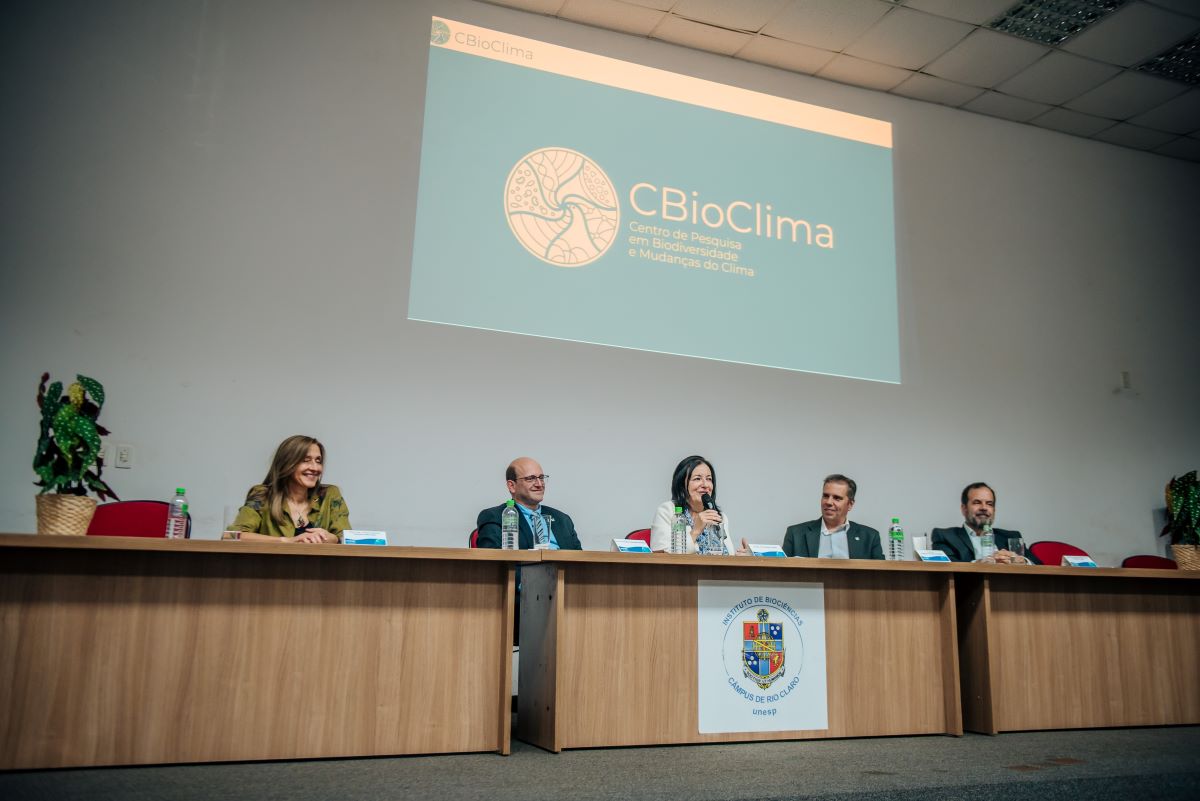
The first Research, Innovation and Dissemination Center (RIDC) hosted by São Paulo State University (UNESP) will promote innovation focusing on sustainable solutions and accelerated knowledge dissemination.
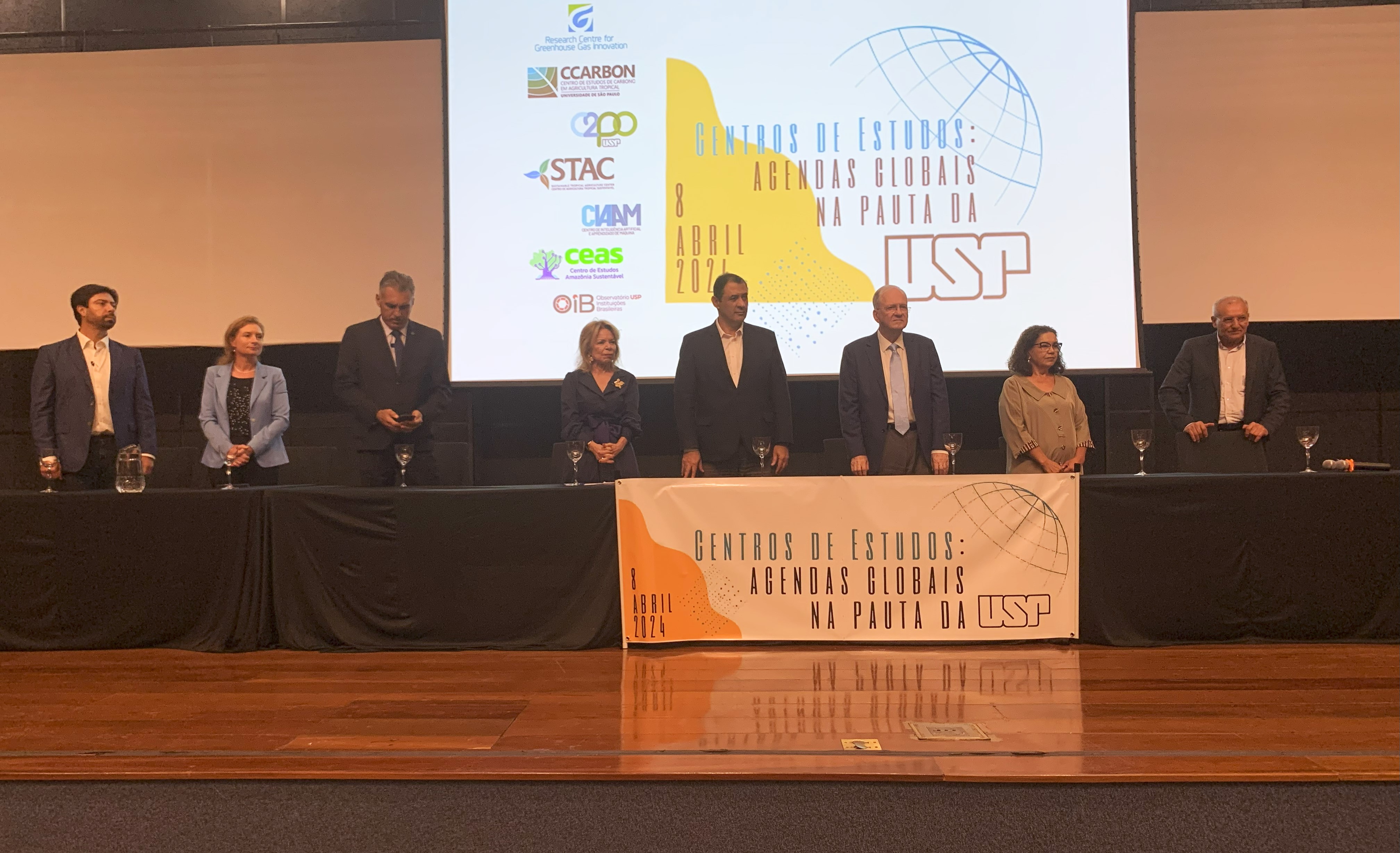
Today’s key issues, such as artificial intelligence, climate change, cancer and Brazilian institutions, will be the focus of inter-institutional and multidisciplinary teaching and research; the new organization gives groups more autonomy and agility.

Chemical analysis of stalagmites in the Peruaçu Caves National Park showed that global warming has disrupted the hydrological cycle in Brazil’s central region, making a significant proportion of any rain that falls evaporate before it can penetrate the soil.